فيه إيه؟ (fih eh) — The Egyptian Way to Say “What’s Going On?”
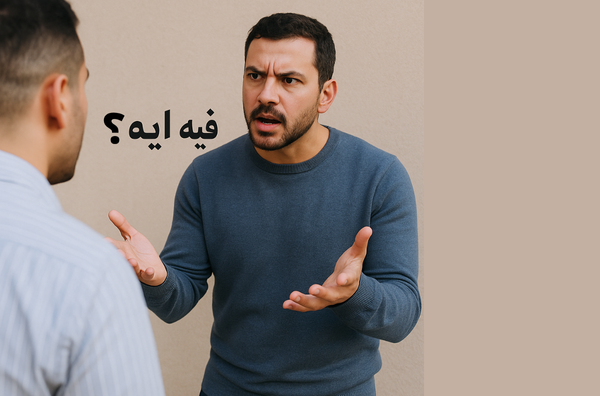
If you’ve spent any time around Egyptians, you’ve almost certainly heard فيه ايه — a short, catchy phrase that Egyptians use all the time. It literally means “What’s there?”, but in reality, it can mean a lot more depending on tone and context. It’s one of those magical Egyptian Arabic phrases that can sound sweet, […]
Expressing Condolences in Arabic: A Comprehensive Guide

When it comes to تعزية (giving condolences), language is much more than just words—it’s a heartfelt bridge connecting individuals in times of grief. The Arabic language, steeped in centuries of tradition and cultural richness, offers a variety of expressions that convey sympathy, empathy, and solidarity. Whether you’re reaching out to a friend, relative, or colleague, […]
Tracing the Echoes: French Influence on Arabic (and Vice Versa)

Imagine walking through the busy streets of Beirut or Casablanca, where the smell of freshly baked croissants mixes with the rich scent of Arabic coffee. This vivid blend isn’t just culinary—it’s a testament to centuries of intertwined French and Arabic linguistic and cultural exchange. From the golden age of Islam to the colonial era to […]
Arabic Roots: Their Importance and How to Identify Them
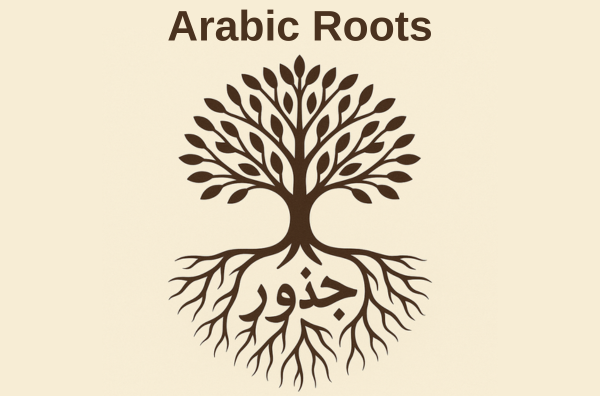
Arabic is a language built on a system of roots, offering both structure and elegance. The concept of roots is central to understanding both standard and colloquial Arabic, unlocking its rich vocabulary and cultural depth. The root system is something that Arabic has in common with other Semitic languages, such as Hebrew. This article dives […]
Mutual Intelligibility of Arabic Dialects: Can They Understand Each Other?
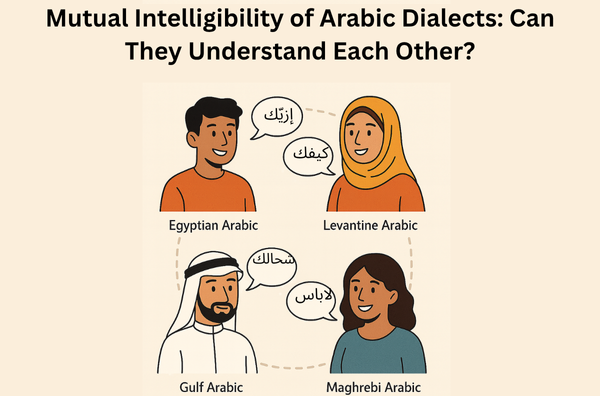
When people talk about the Arabic language, they often imagine a single, unified tongue spoken from Morocco to Iraq. But anyone who’s actually tried to travel or communicate across different Arabic-speaking countries quickly learns: it’s not that simple. While Modern Standard Arabic (MSA) ties the Arab world together in writing and formal contexts, spoken Arabic […]
Learning Egyptian Arabic Through Food: Essential Vocabulary
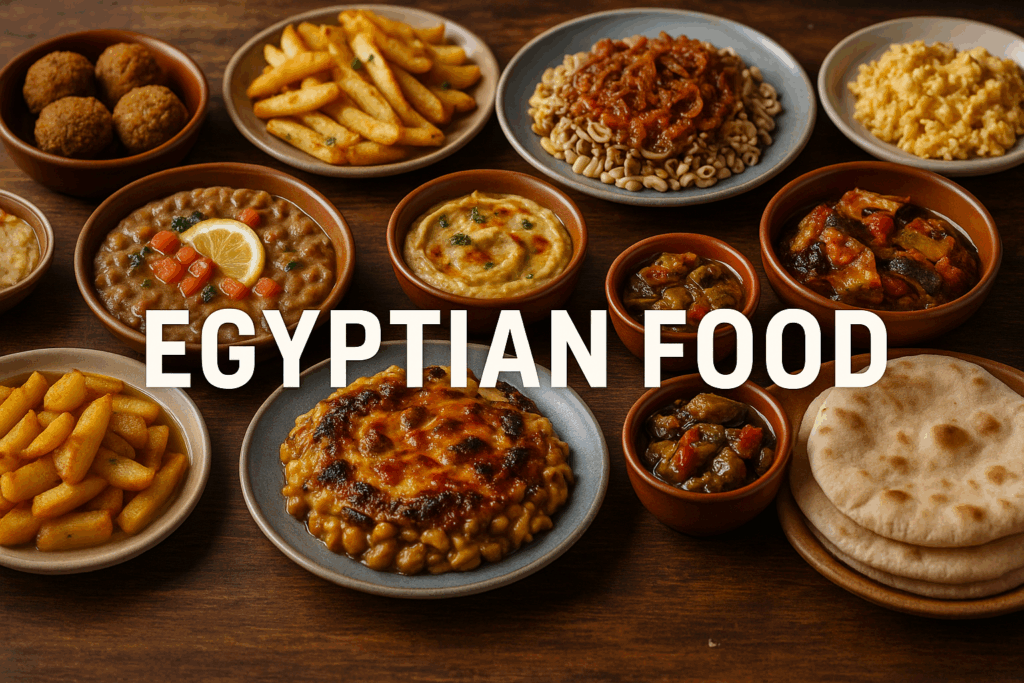
If you’re learning Egyptian Arabic, diving into food vocabulary is a tasty way to improve your language skills while immersing in the culture. Let’s get into the essential phrases, cultural tips, and fun expressions for your next Egyptian meal. Egyptian dining culture: Food is life In Egypt, food isn’t just about eating—it’s about sharing, connecting, […]
The Beginner’s Guide to Numbers in Arabic: Start Counting Today!
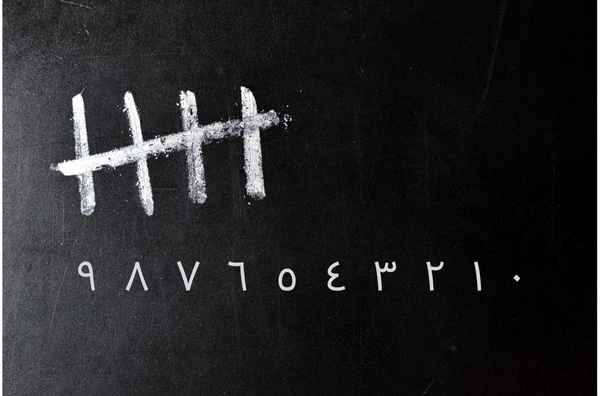
Numbers are one of the most essential building blocks of any language—and Arabic is no exception. Whether you’re learning Modern Standard Arabic (MSA) or a dialect like Levantine (Syrian, Jordanian, Lebanese, or Palestinian), Egyptian, Gulf, or North African Darija, the way numbers are used can vary. This guide breaks it all down and includes handy […]
Plural Formation in Arabic: Commonalities and Differences
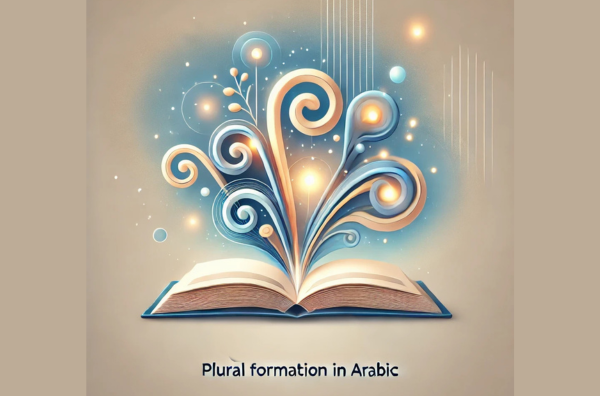
Arabic is a rich and complex language, known for its unique grammar and intricate word structures. One of the fascinating aspects of Arabic is its plural formation, which varies between Modern Standard Arabic (MSA) and diverse colloquial dialects spoken across the Arab world. However, despite regional differences, there are many commonalities in how plurals are […]
From Torture to Slang: A Funny (But Vulgar) Way to Vent

Ever felt like learning Arabic was a pain in the ass? Don’t worry! Today, you’ll learn how to express this feeling in a humorous way, just like Arabs do in Levantine and Egyptian dialects. This Arabic slang for frustration captures the essence of how natives express their struggles with humor: Levantine: العربي صعب كتير! متل […]
A Word That Packs Punch: أحّا
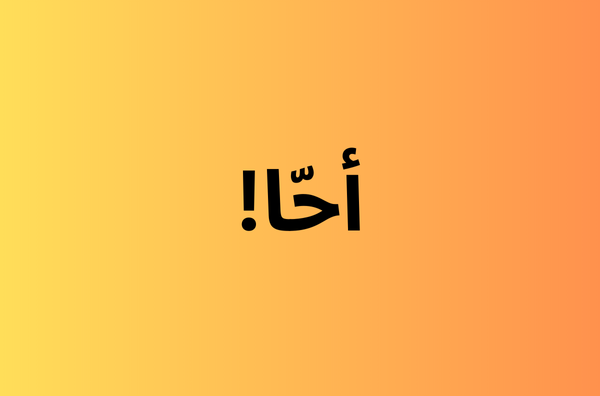
أحّا is one of the most recognizable words in Egyptian Arabic. While some consider it rude or impolite, no one really knows why. Still, it’s a word you’ll hear often, especially among young people, who use it to show disapproval, disagreement, or just general frustration. Where it all started Most people, including Egyptians, have no […]
